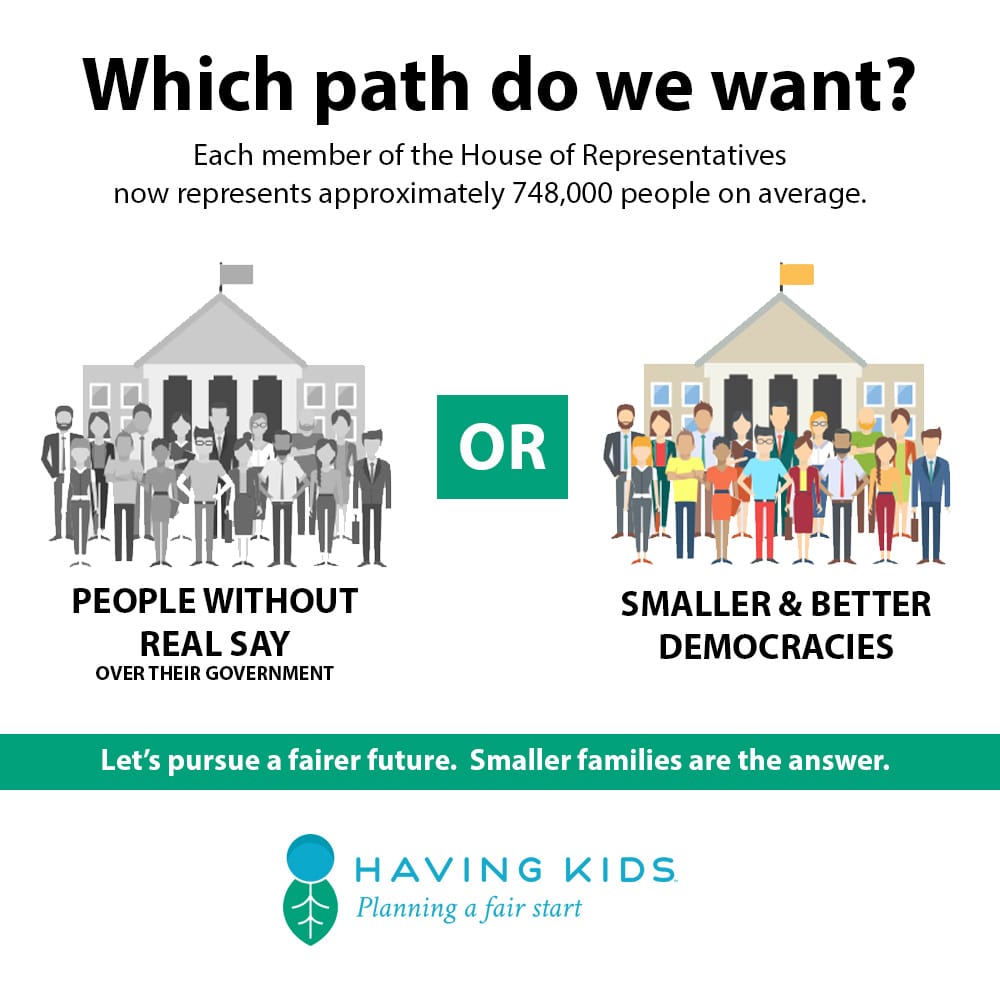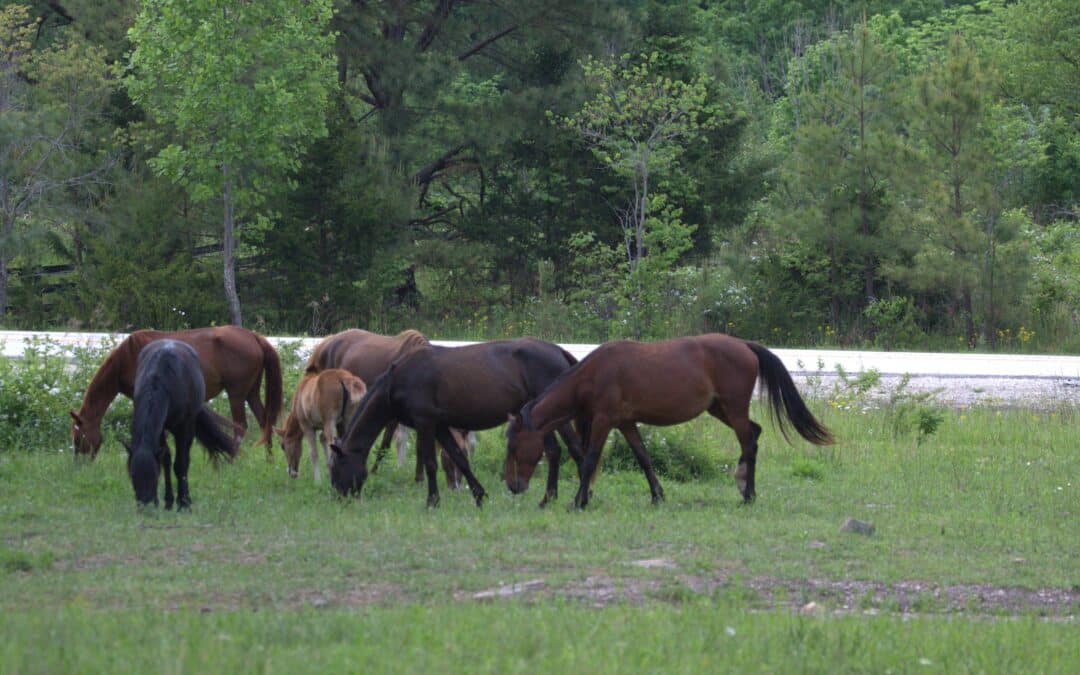The Fair Start Movement is working to create a new paradigm for animal rights as the first form of law – or the protection of the most vulnerable, the antithesis of might makes right.
We cannot actually protect animals without accounting for how the children we have and raise will relate to them.
The new paradigm will not ask not how humans should treat nonhumans, which is the arrogant and anthropocentric mindset that led to a climate crisis set to kill millions of humans and countless nonhumans.
Instead it will ask, from an ecocentric perspective, what nonhumans need our human species to become for all to be free. The majority of nonhumans with whom humans interact are not farmed animals, as is commonly believed, They are those animals who will live in the future, and many current attempts to protect animals do more harm than good by hiding this and the family reforms needed to protect them in order to sell vegan products.
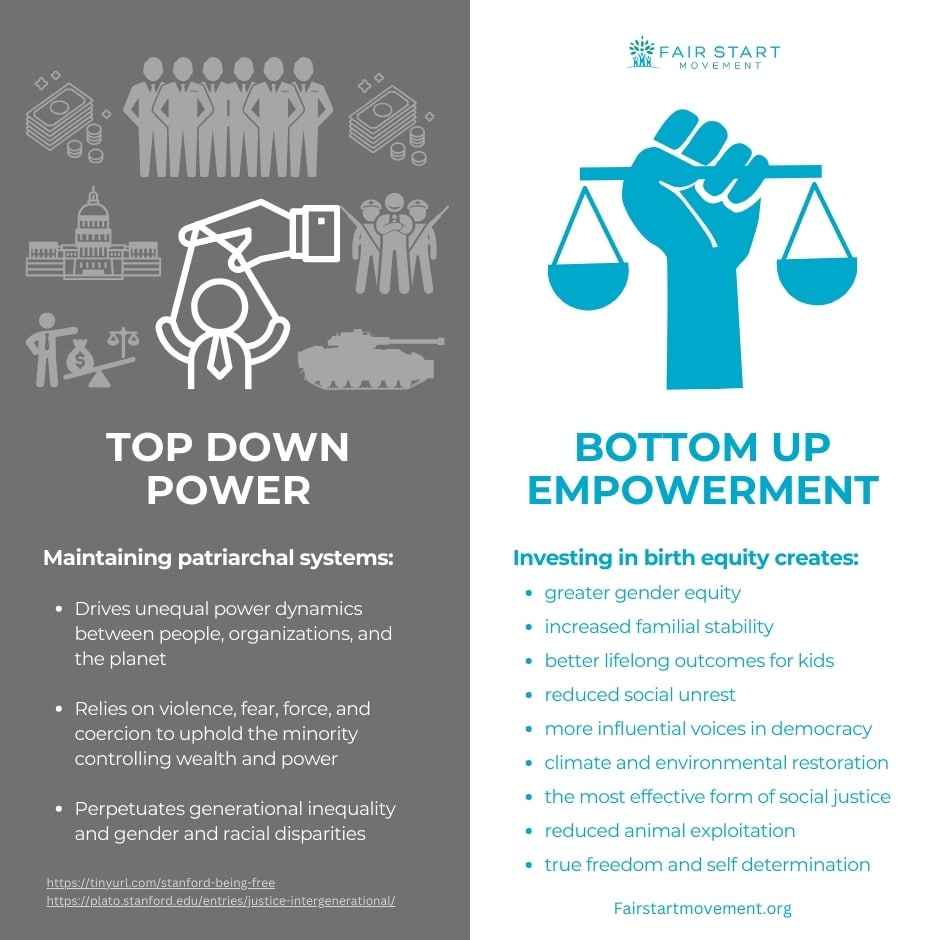
The new imperative works through animal rights/law in particular, because the concept obligates us to protect the most vulnerable. That’s true justice, but unlike a lot of traditional animal rights and law, it’s a threat to concentrations of wealth and power because it will force them to internalize their costs, and at a level that liberates nonhumans.
Such an ecocentric view – a view from the animals’ eyes – had it been used historically would have ensured our world evaded the climate crisis and saved countless lives.

Those who have historically blocked it, or benefitted from its blocking, must be held accountable for the death to come.
That accountability threatens concentrations of wealth and power. Why? Because in an ecocentric world they would have to pay back for the harm the system that created their wealth caused. And not just compensate for the harm but be subject to a demand to do that overrides their property rights because it entails the necessary creation of fundamental human-rights based relations that create the human rights system of creating downstream rights, like property rights. Who we should in terms of justifying political obligation inescapably comes first and would be based on values even its hypocritical critics exhibit in the daily lives.
That’s why Fair Start is dangerous, entitling at least provisional redistributions that will save lives, using an irrefutable conception of self-determination, based the fundamental (strict) liability of those who befitted from the externalization of costs.
But this is the crucial thing to focus on as we move in this direction it will threaten concentrations of wealth and power that formed thanks to anthropocentric growth and inequity. These concentrations have historically funded nonprofits engaged in distractive – separating off and creating walls between issues like human rights, child welfare, environmentalism/rewilding, animal rights, democracy, inequity, etc. – and urging a focus on what to do in each silo, rather than an upstream focus on who we should become – a focus which instead unifies these interests. These concentrations don’t openly don’t oppose social justice movements. They imitate, coaptate, and redirect them.
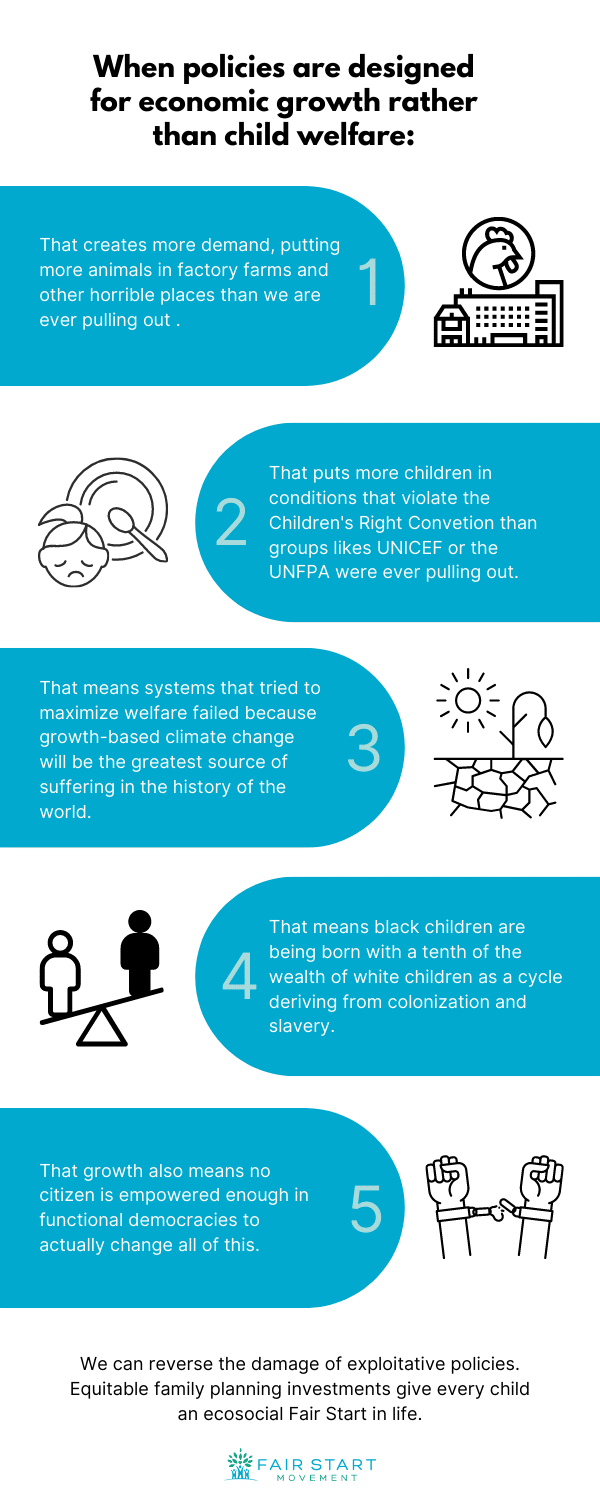
But to the extent they misdirected the animal rights movement, they become vulnerable because the results are so brutally stark and immediate – with many makings money on a system of lies and growth that ensured the torture of and killing of exponentially many more animals than their distractive saved. They created fantasy world that – because of the climate crisis – all can now see.
An Eco-Centric Revolution
Unlike traditional forms of animal rights, this imperative does not start with family norms that exploit nonhumans and future children (the link is to a universal human rights treaty that reiterates a limitless human right to procreate irrespective of others’ needs), thus undermining the values we claim to promote.
This new imperative for animals’ rights has the advantage of focusing on the majority category of nonhumans, those who will live in the future, One initial answer to the question of who humans must become is that we should be brave enough to halt the abuse and neglect of nonhumans when we learn of it, and rescue and rehome them if feasible – regardless of what unrepresentative governments captured by industries say. In other words, we should become empathetic persons that see it as our right and maybe duty to rescue animals from cruelty.
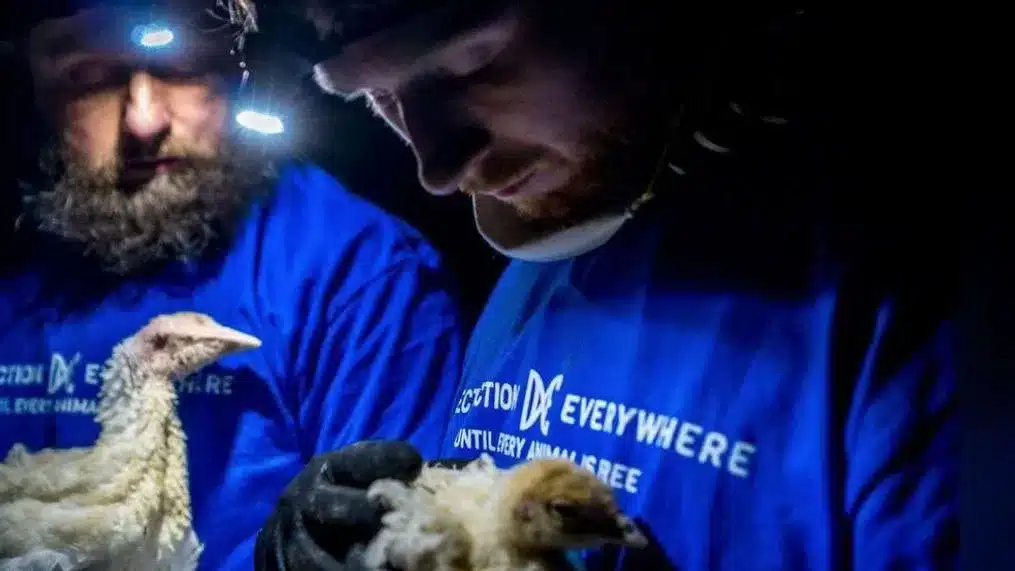
Another answer is that we should become fair enough to pay many young women the money we owe them for harming – through the climate crisis – their children’s future. They can use that money to plan their families in a way that will leave room for animals, and make their children safe, ready, and empathetic to animals.
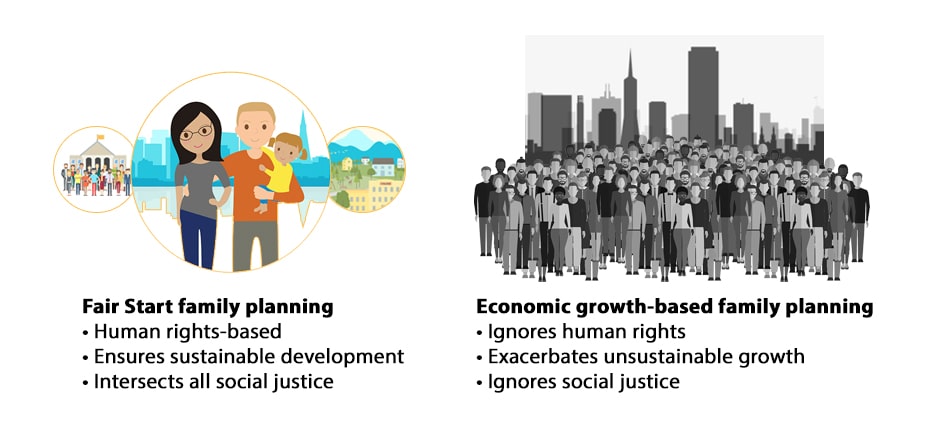
Here is what our becoming a better species, in these two ways, looks like:
Ruby the horse was brutally killed in Sonoma County, California because state authorities neglected their duties. This neglect is the norm, and the reason groups like Direct Action Everywhere (DXE) are doing the work necessary to actually protect animals by rescuing them from cruelty. As someone who worked in animal protection law for decades, I can honestly say that nonenforcement, certainly when it comes to the animals we use for food, fiber, transportation, entertainment, etc. is the norm.
Government officials are more likely to prosecute activists exposing industrial cruelty than prosecute the cruelty itself, because industry influences them. Activists, not government, ensure animal protection from industries. Taking animal personhood seriously means actually not treating them as property – and not recognizing any right of others to do so.
That is the personhood DXE, and others ensure.
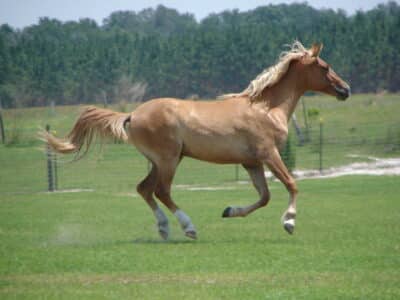
And at a macro level, what does it mean to not treat the nonhuman world, and the future persons, who will interact with nonhumans, as mere property and economic inputs? What does it mean to treat them as ends and not means? We might start by paying the climate reparations we owe to young women to plan their families in a way that will leave room for animals, and that would enable them through resources to make their children safe, ready to thrive, and empathetic to the animals they interact with.

If we really wanted to protect nonhumans, given the way animal cruelty actually works – constant, ubiquitous, almost impossible to prevent with top-down law enforcement – how would it be possible to do that without having and raising children in a way that makes them inclined to treat nonhumans well? It would not be possible.

Would it be wrong for a young woman with little wealth or income intending to become a mother to demand birth equity resources – resources that simply ensure a level playing field for her child and thus offset the harm – from a wealthy family that externalized the deadly environmental and social costs of its wealth upon the child she wished to have? What if the young woman were black, and whose child would have 9/10th less wealth than white kids because they would be black, and the white family she asked could afford to share by choosing to have fewer children?

What if the young intending mother were unable to even challenge the injustice of birth poverty and ecological injustice (or the treatment of nonhumans) through participatory democracy where her voice actually mattered? What if she intended to use the resources, she secured to engage in better way of sociocentric planning for – and thriving in – families, one that left the racist ecocide and other mistakes of former generations behind?
So . . . if that young mother were charged with trespassing in making the demand, could she challenge it – and expect a jury to side with her – because the state cannot limit access to property without first empowering (actually or physically constituting) its people to be involved in the making of such property rules, i.e. empowering them through just the sort of constitutive discourse in which she seeks to engage?

How do we ever get to governance by the people without elevating her pre-political right above the process-based rule of trespass? Do we really choose to constitute our relations via top-down force in a system run by men, versus a system of bottom-up empowerment run by women, via the act of care?
Her act is fundamentally liberating, and the best explanation of political obligation, because free people will start by limiting and decentralizing the influence others have over them. Acts of mass violence – like school shootings – do not stem from mental illness as much as from a sense of disempowerment, and the need to matter in one final act within what shooters perceive as an unjust world. We were sold sustainable town halls where we matter and can control the world around us to a degree, but got unsustainable, massive shopping malls where most do not matter and have no say.
Free persons will not follow laws in systems that disempower them – that create lots of persons as cheap labor and consumers for shopping malls – rather investing much in developing them as citizens for town halls with a voice that matters.
This is what the difference looks like in practice.
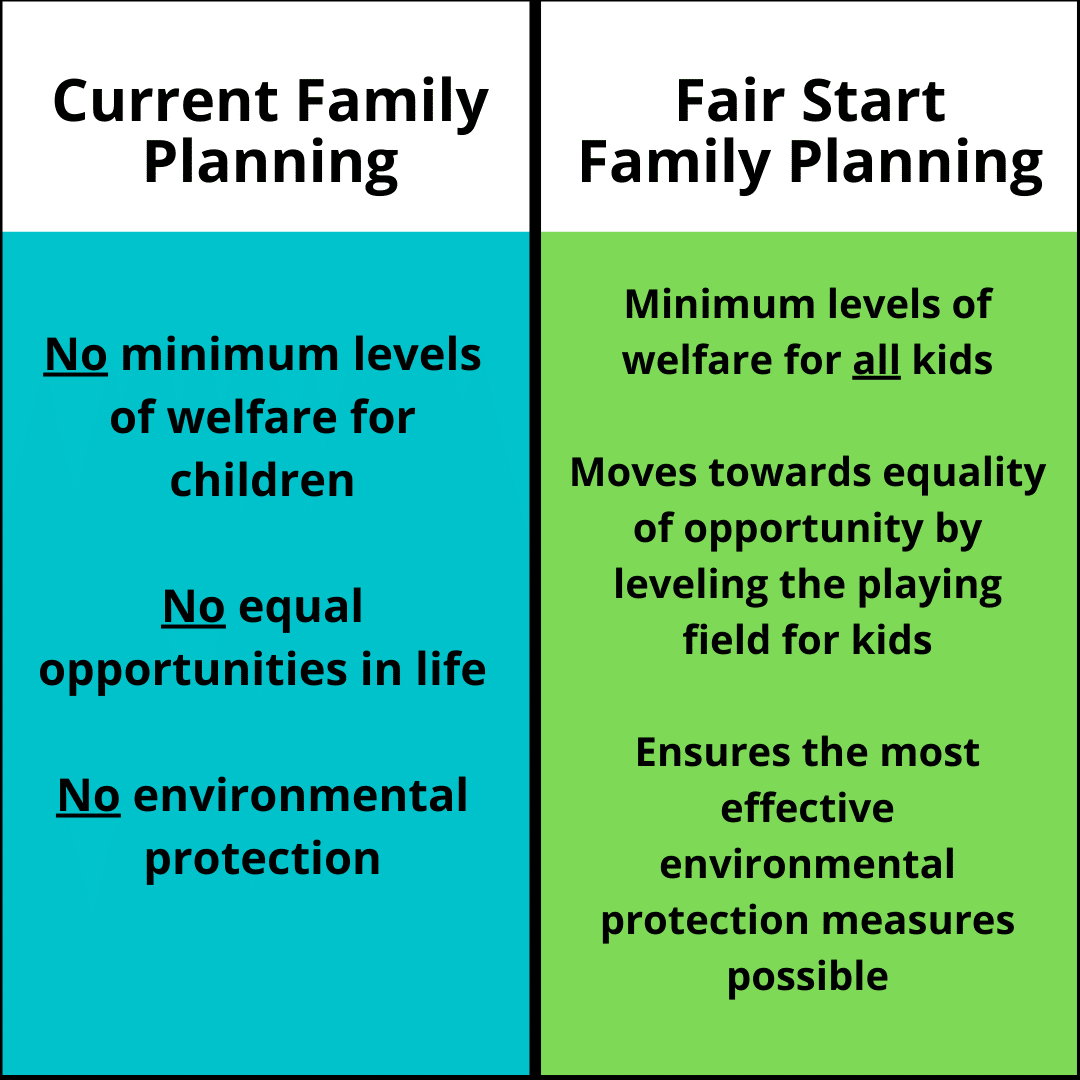
Yes, all children have a right to a fair start in life and giving it – or climate restoration via birth equity – is the first and overriding human right – that in turn makes governance legitimate, or truly inclusive and representative.
The activism described here is true micro and macro personhood, co-existential for nonhumans and future humans, treated as a pre-political right that liberate all at the most basic level. The latter question and work around it mean direct action “micro personhood” activists will not be wasting their time under a macro paradigm of commercialization and growth that undoes their work. That’s comprehensive.
This is justice and personhood for the vulnerable in the creation of and practice of actual power relations. It goes beyond the idea of “animal law” or other concepts that do not actually protect the animal kingdom, or further legitimate legal systems. Dig down into claims like this one about big cats and protective legislation.
Yes, such legislation is laudable, but without the changes described above it just hides the overwhelmingly larger negative impact our growth and inequity-based family policies have on big cats, including in deadly ways through the climate crisis. And it assumes our increasingly illegitimate system of governance is the one to decide their fate, rather than activists who treat them as non-property. That allows some to raise money on a relatively ineffective things, while reinforcing (and personally benefitting from) a system that actually does more harm to animals and their functional legal status.
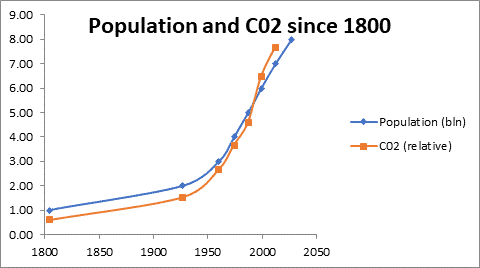
I know this because I was paid to do it, to omit the on-balance impacts and to engage in distractive, so that wealthy charity managers and funders could feel good but avoid actually changing the fundamental power structure. We knew that our family policy choices, and a near-total lack of animal cruelty law enforcement, meant our impacts on animals were minimal. We raised lots of money regardless.
That’s a scam, with many leeching off a concept – obligations to the most vulnerable – that actually demands much (the most?) from us. And we can test for the scam with a few questions There is no such thing as an anthropocentric animal right, or (from what we now know from the climate crisis) human rights activist.
Is there a matrix for true inclusivity and next-level DEIJ work?
All of this suggests the need for a certain matrix when thinking about animal law, which in its ideal form may simply be a perfectionist view of law itself, which is necessary if we are to actually account for the physical and day-to-day relations between powerful humans and vulnerable nonhumans. How do we maximize consent in those relations? (And yes, consent can be measured and quantified, much like utility, but unlike utility consent is primary, necessary to justify the governance that makes systems of utility – like economies – possible). Town halls precede shopping malls if actually take democracy seriously.
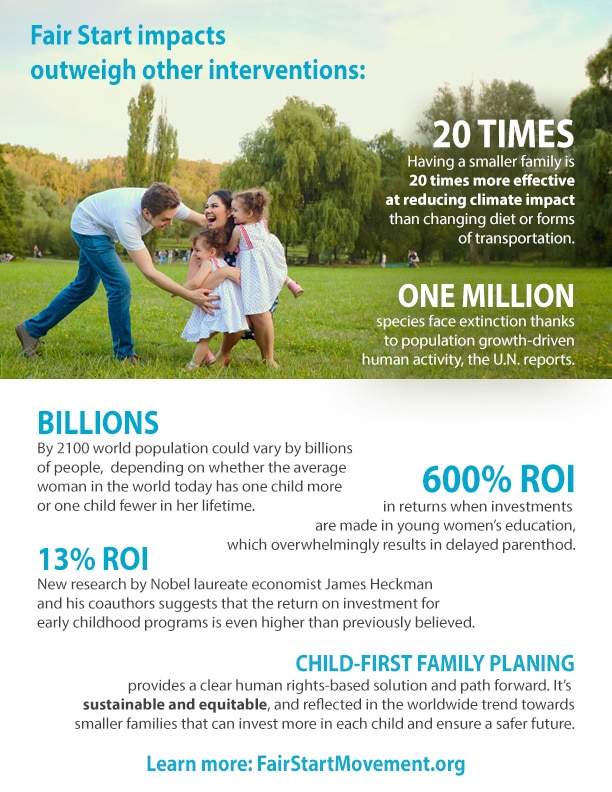
The matrix would have two axes. The first, 1) where personhood as consensual relations bookends one end of a continuum, would be 2) bookended on the other end by property hood (the total control of animals in a CAFO, unlimited procreative “autonomy” that appropriates future children, and anthropocentric approaches to environmentalism for example).
The other axis would involve tactics for changing that status, which proceed on a continuum from 1) those based on top-down and exclusionary systems of power based on things like litigation under constitutions, 2) moving towards the alternative of direct action systems that reject official obligations (like DXE‘s work) and which instead embrace bottom-up and inclusive systems of power, and 3) ending the axis with actions that incorporate intergenerational justice for the future majority like Fair Start, eco-centric environmentalism, and macro personhood – all forms of fundamental or constitutive change.
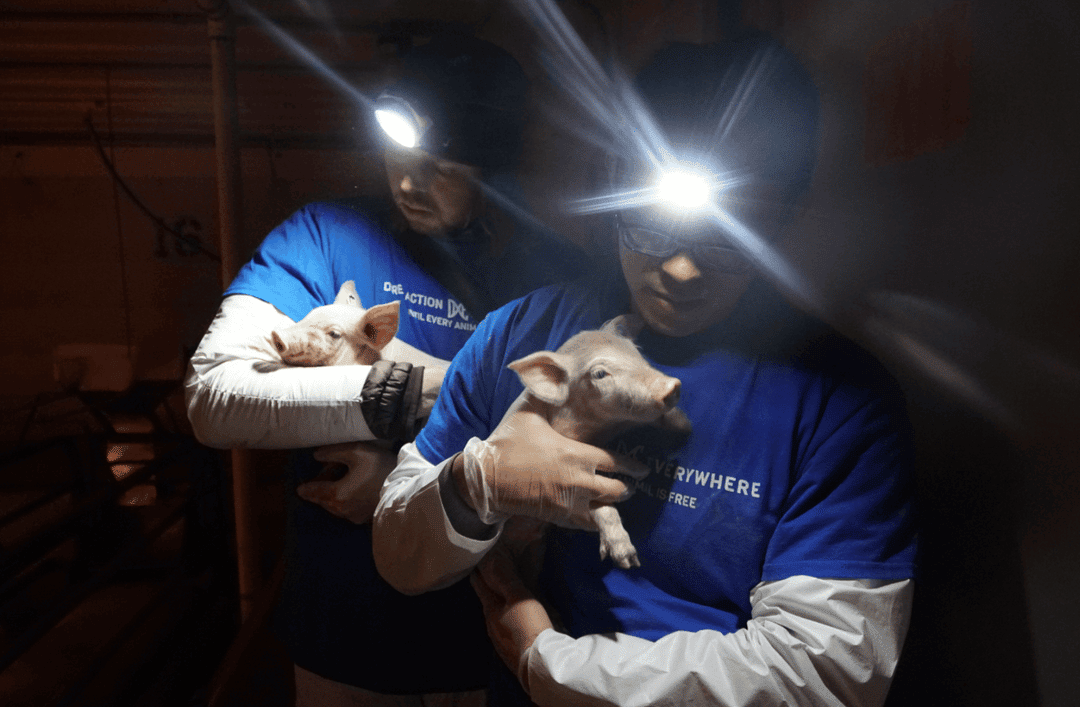
Where particular efforts land on the matrix might show 1) how seriously particular advocates take the value of consent (which might mirror decolonization efforts), 2) the probability and level of impact (hundreds of attorneys waiting decades for precedent v. thousands of activists right now telling their stories/cases on many overlapping areas of animal-benefitting state-resistant social justice), and 3) the willingness of advocates to benefit from or challenge (at personal risk) systems premised on the inextricable exploitation of nonhumans and future generations as property.
Take action: Urge the UN to embrace this liberating form of animal rights – at humanefamilies.org – one that really works for humans and nonhumans alike and ensure that animal advocates are not constantly undoing their own work.
Take action: Urge Dr. Claudine Gay – lead at Harvard – to back our complaint before the United Nations seeking to simply ensure fairness, and a new form of animal rights – for humans and nonhumans – that actually works. The complaint would cut the threat to animals off at the knees long run, ending things like China’s demand for jiaos and donkey meat, well as their deadly climate emissions and attacks on democracies around the world, by backing a democratic Fair Start human rights revolution within China that would significantly reduce its population and inequity, and democratize fundamental relations.
